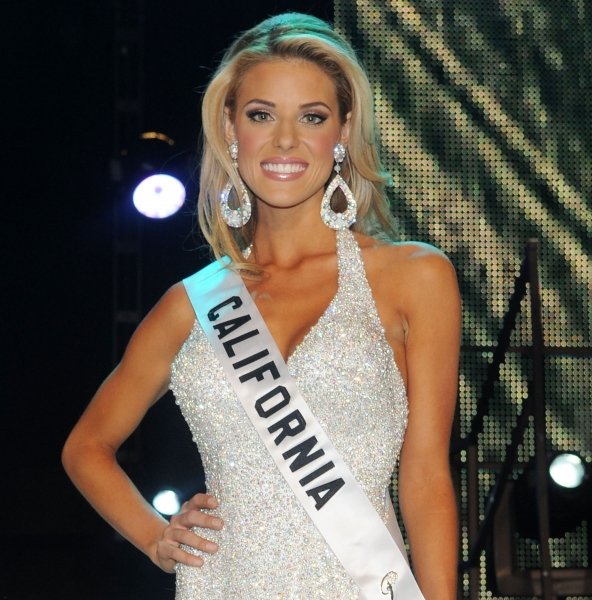
What are they feeding the next generation of sisters? How did Disney treat its first Black princess? I watched the Princess and the Frog yesterday to find out. First I'll address my concerns about the movie and how they were handled, and then I will say what the positive and negative aspects were.
Was the first Black Princess actually Black?Yes. I was pleased with this. When I first heard of this film, I was worried that African-American girls would be subjected to more colorism by being given a woman's who race was up in the air. Instead, she's clearly black. I'm also happy that they didn't give her long straight hair to her butt like Black barbie dolls have. Tiana has wavy/curly hair, which is a step forward considering how Black girls are portrayed in dolls and cartoons. (Basically, white with a super tan.)
Was this a minstrel show?No, not really. It didn't come off to me that way, which is rather strange considering that it is set in the deep South. They have a range of stereotypical characters that you would expect
and like to forget exist there such as the Southern Bell, Big Daddy, hillbillies, etc. Even so, I did not feel that this show portrayed Blacks negatively, on the contrary in fact. They showed us as hard workers in comparison to others, which is an interesting feat considering where the show was set as I said before.
Was the "Black" princess really green?Yes, and this was a big disappointment. The movie is approximately 89 minutes, and she turns into a frog at 29 minutes and stays that way until 86 . This definitely makes Disney's triumph over the color barrier less monumental.
Was the prince Black?No, but that is actually a good thing as you shall see.
What were the good parts?The princess herself, really. She is unique in that she isn't a damsel in distress waiting for a prince to save her. (If anything, she saves him.) She's a hard worker, and is a good role model because she is adamant about her goals. This is the first Disney movie besides the Lion King that doesn't teach kids that your dreams will come true because you are entitled to them. Finally Disney is telling them they have to work for what they want.
What were the bad aspects?The film itself was mediocre. It didn't have the magic of its previous films. This isn't good, it isn't bad. It is simply adequate. I don't know if it's because it was set in the U.S. or what, but it didn't feel special, and I felt disinterested. If the princess was just another white one and I wasn't watching to see how Blacks were being portrayed, I wouldn't have watched past the first ten minutes. It's fine if you want a cute movie, but if you want an captivating story, watch the Lion King or Pocahontas.
Secondly, Tiana seems short changed--not only because she's a frog for the whole film but also because her "prince" is a bum. The
only thing he cares about is partying, and he's
absolutely broke (which is why it's good he wasn't Black. In comparison, the Black man, Tiana's father, is extremely industrious). Since he has no money, his goal is to marry a rich woman so he can squander more money. Instead, he marries Tiana and they open a restaurant together. By the end of the movie the "princess'" life has no royal aspect to it at all. We don't get to see a castle or anything, and she stays in Louisiana. I'm not saying whether this is good or bad--I'm just saying don't expect anything rather princess-like regarding Tiana.
I don't like how Tiana setled for that prince/playboy/bum. Girls do that anyway, we don't need to teach them to do that through their cartoons.
Disney made a decent movie, but their approach to the first Black princess wasn't what I hoped. With the Arab, Native American, Chinese princesses, they made exotic stories by setting them in their own countries or land. There is nothing exotic about Louisiana. I wish she were an African princess instead. Of course, it's not to late, Disney could make an African princess--unless Tiana is just another token and our first princess will be our last.
 Gee, if they are going to start implementing racial profiling, they better target everyone (not just those people).
Gee, if they are going to start implementing racial profiling, they better target everyone (not just those people).

















